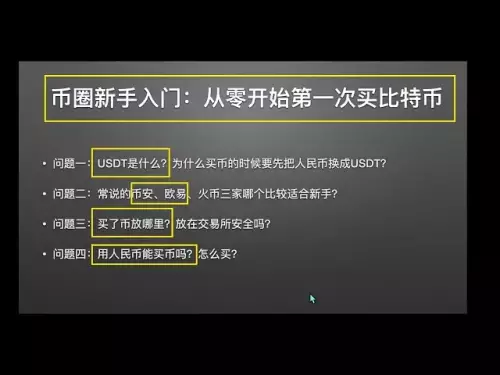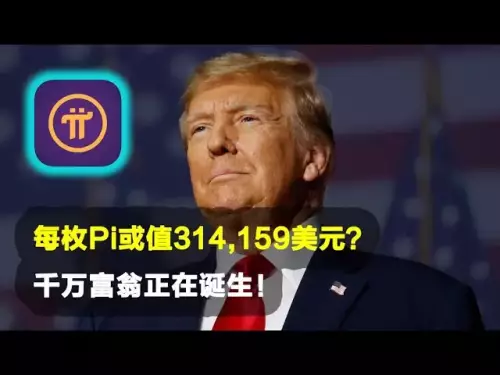Examining the divide between stated intentions and actual practices within the Bitcoin community, focusing on Bitcoin Core, Bitcoin Knots, and the controversy surrounding Bitcoin Core v30.

Bitcoin Core, Bitcoin Knots, and Actions Speak Louder Than Words
The Bitcoin community is buzzing with debate. From disagreements over mining decentralization to heated arguments about the implications of Bitcoin Core v30, it's a time of division. Let's dive into the heart of these controversies, focusing on Bitcoin Core, Bitcoin Knots, and the crucial principle that actions speak louder than words.
Mining Decentralization: A Tale of Two Approaches
Bitcoin Knots supporters often champion mining decentralization, pointing to initiatives like OCEAN mining pool and its DATUM protocol. The goal? To give individual miners more control over transaction selection. However, a closer look reveals a different story.
While developers have been working on the open-source Stratum v2 protocol to achieve this, OCEAN has opted for its own proprietary DATUM solution. This approach, yet to be fully open-sourced, creates a vendor lock-in, limiting miner autonomy and potentially slowing down block propagation across the network. This ultimately disadvantages smaller miners, hindering rather than helping decentralization.
Bitcoin as Money: Conflicting Actions
Another key area of contention is the use of Bitcoin as a monetary network. Bitcoin Knots' latest release filters ephemeral anchor transactions, which are designed to make Lightning Network more efficient. This action directly undermines the scaling of Bitcoin as money, contradicting the stated goals of Knots supporters. Similarly, their OP_RETURN filter impacts Layer 2 solutions like Citrea, hindering their ability to scale financial transactions on Bitcoin.
Bitcoin Core v30: A Community Divided
The release of Bitcoin Core v30 has further deepened the divide within the Bitcoin community. A central point of contention revolves around concerns that the update could potentially facilitate the storage and distribution of child sexual abuse material (CSAM) on the blockchain. Luke Dashjr, a prominent developer known for his work on Bitcoin Knots, has vocally opposed Core v30, arguing that running the software constitutes an endorsement of CSAM. While Jimmy Song and others disagree, asserting that node runners are not liable and that Core v30 doesn't inherently display such content, the debate highlights the complex challenges of balancing technological advancement with ethical considerations.
What They Do Matters, Not What They Say
Ultimately, the controversies surrounding Bitcoin Core, Bitcoin Knots, and Bitcoin Core v30 boil down to a fundamental principle: actions speak louder than words. While some proclaim to be defenders of Bitcoin's decentralization and its use as money, their actions often contradict these stated goals.
A Parting Thought
In the ever-evolving world of Bitcoin, it's crucial to look beyond the rhetoric and examine the real-world impact of different approaches. Let's hope the community can navigate these challenges with open minds and a commitment to building a truly decentralized and censorship-resistant future. After all, in the words of a wise, albeit fictional, government: "The party told you to reject the evidence of your eyes and ears. It was their final, most essential command." Don't let that happen to Bitcoin!














































































